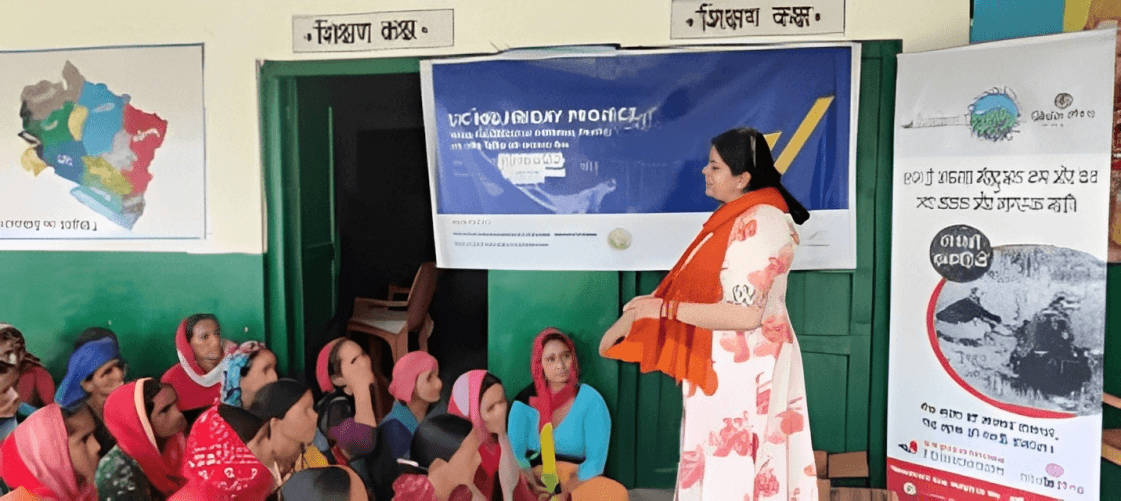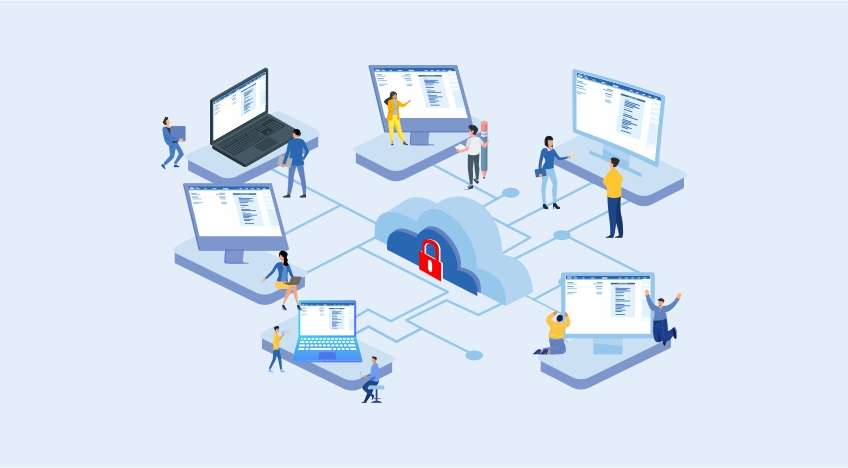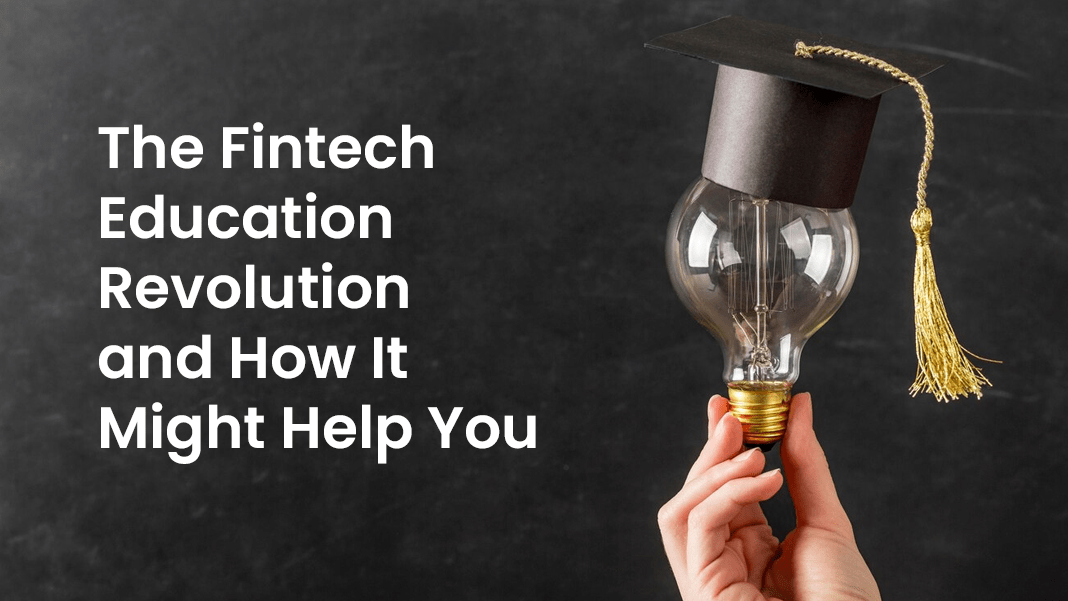Introduction:
Empowering women is a pivotal step toward achieving gender equality and societal progress. Among various pathways to empowerment, education stands out as a catalyst for transformation. Women’s empowerment initiatives around the world place a strong emphasis on education development as a pillar for promoting independence, self-confidence, and active engagement in the economic, social, and political arenas. This article explores the significant contribution that education makes to women’s empowerment and emphasises the role that education development programs play in this process.
The Transformative Power of Education:
Education serves as a liberating force, unlocking opportunities and breaking down traditional barriers. Education gives women the ability to influence their futures and question established conventions, going beyond merely imparting knowledge. Here’s how education empowers women:
i) Economic Empowerment: Education opens doors to better job opportunities and income. Educated women can actively contribute to the financial security and economic development of their family.
ii) Health and wellbeing: Well-informed decisions about family planning, cleanliness, and general health are made by educated women, which results in healthier families and communities.
iii) Leadership and Confidence: Education fosters a sense of self-assurance that empowers women to speak up, take charge, and effect constructive social change.
iv) Gender Equality: Education helps women understand their rights, leading to a greater awareness of gender inequalities and efforts to challenge discriminatory practices.
v) Family Dynamics: Educated women often influence family dynamics positively by fostering a culture of education and gender equality within their households.
Education Development Programs: The Catalyst for Change
Education development programs designed with a focus on women’s empowerment have shown remarkable results globally. These programs address barriers that prevent women from accessing education and harness the power of education to drive holistic transformation. The following are these programs’ crucial components:
i) Education Access: Programs work to guarantee that all women, regardless of socioeconomic status, have access to high-quality education.
ii) Initiatives in literacy: By equipping women with fundamental abilities, basic literacy programs enable them to negotiate opportunities and obstacles in the modern world.
Gaining practical skills through vocational training gives women the assurance they need to enter the workforce.
i) Supporting Higher Education: Scholarships and support for higher education encourage women to pursue advanced studies and enter professional fields.
ii) Health and Hygiene Education: Education development programs often include health and hygiene components, emphasising the importance of personal well-being.
iii) Digital Literacy: In the digital age, programs that teach women to use technology foster digital inclusion and economic participation.
Challenges and the Way Forward
While education development programs have made substantial strides, challenges persist:
i) Cultural Norms: Deep-rooted cultural norms may still hinder women’s access to education, especially in conservative societies.
ii) Economic Barriers: Poverty and lack of resources can prevent families from sending girls to school.
iii) Infrastructure and Safety: Poor infrastructure and concerns about safety may deter families from sending girls to school, particularly in rural areas.
iv) Early Marriage and Motherhood: Societal pressures for early marriage and motherhood can curtail educational opportunities for girls. To address these challenges, education development programs must collaborate with local communities, governments, and NGOs.
Making communities aware of the value of females’ education, supplying secure learning spaces, and providing flexible learning options can result in advancements.
Frequently Asked Questions:
1. Why is education considered crucial for women’s empowerment?
Education equips women with knowledge, skills, and confidence, enabling them to participate actively in social, economic, and political spheres. It fosters economic independence, health awareness, and the ability to challenge gender norms.
2. What is the goal of education development programs?
The primary goal is to ensure that individuals, regardless of their socio-economic background, have access to quality education and opportunities for personal and societal growth.
3. How do education development programs contribute to long-term sustainable development?
By investing in education, these programs equip individuals with the skills and knowledge needed to drive economic growth, improve healthcare, and promote social and environmental well-being.
4. How does education build confidence and leadership among women?
Education instils self-confidence, enabling women to voice their opinions, assume leadership roles, and drive positive change within their communities.
5. How does education contribute to gender equality?
Education fosters an understanding of gender equality and women’s rights. Educated women are more likely to challenge discriminatory practices and advocate for gender parity.
Conclusion
Education development programs are essential for women’s empowerment because they provide a route to economic independence, social change, and gender equality. Education has a profound effect on not only individual lives but also on families, communities, and entire countries. Societies may unleash a wealth of potential by investing in education for women’s empowerment, building a future marked by diversity, advancement, and gender parity. Not only is education a fundamental right, but it also forms the basis of a world that is more prosperous and just.










